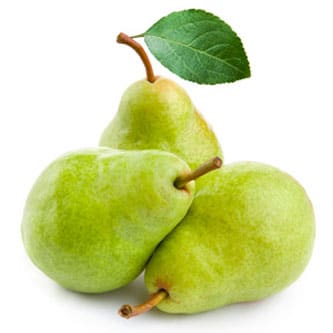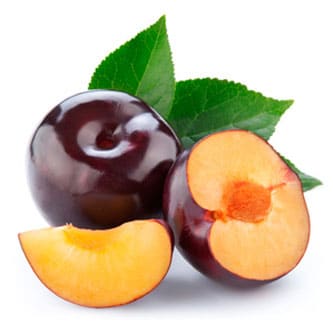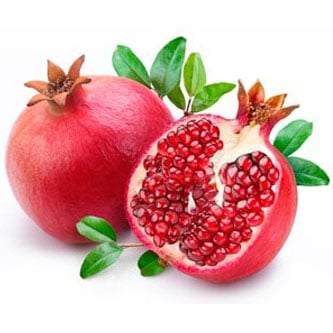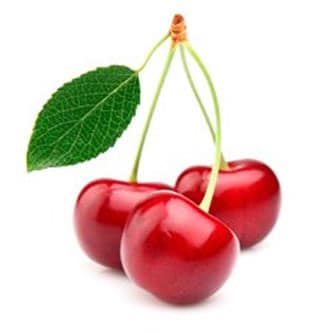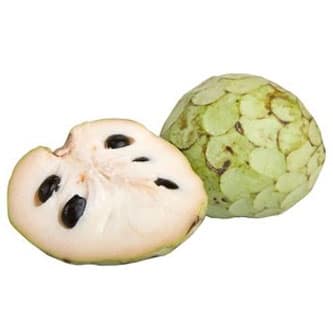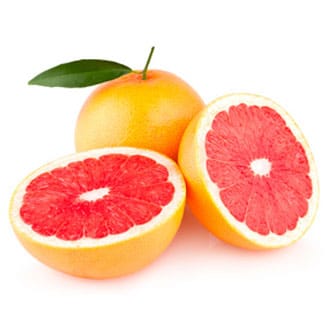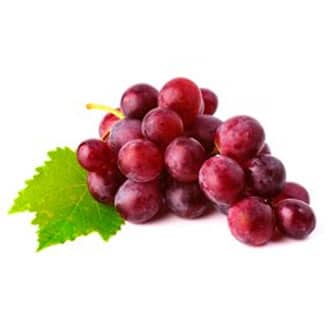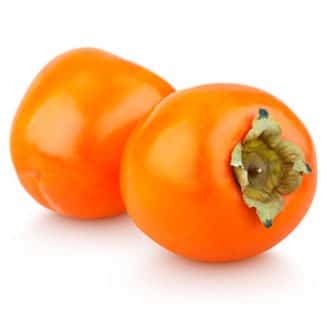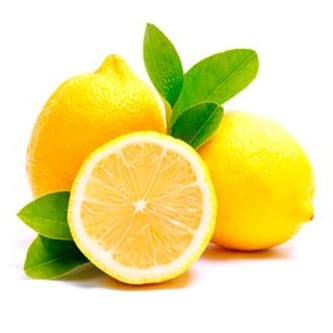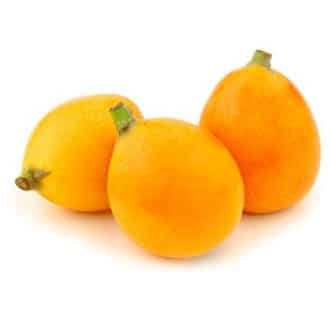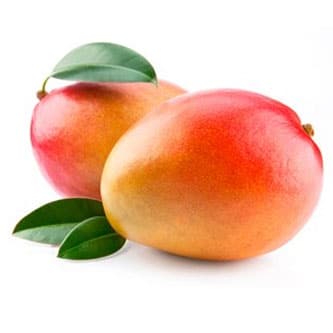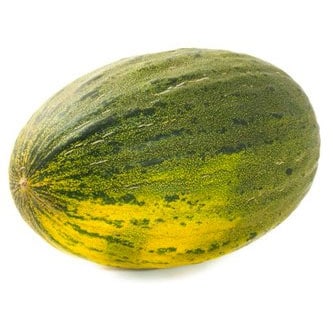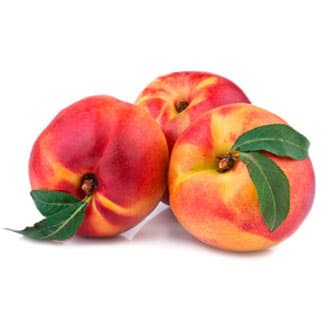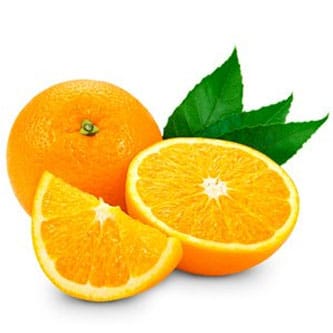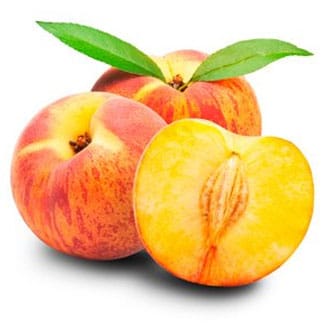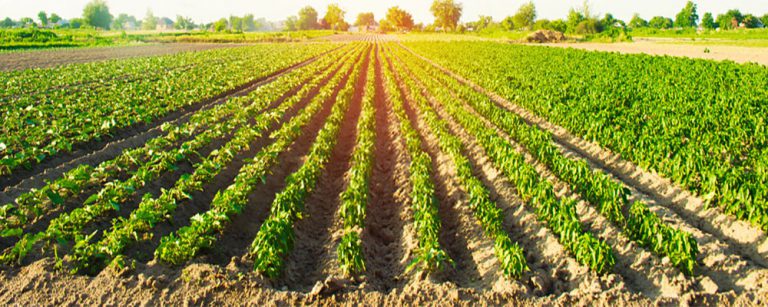
Apricots
Date
3 KG LOOSE
EP 144
AIR 120
OTHER PACKAGING
10x500
SIZES (mm.)
5 (40-45)
6 (45-50)
7 (50-55)
Spanish Apricots
The apricot is a member of the same family as plums, peaches and almonds. This fruit is small and yellow, about 4-5 cm of diameter and about 40 g. Consists of a single seed within a hard shell surrounded aromatic tissue, crispy and tasty, wrapped in a thin skin also edible. As for the taste, like plums, they share their acidity and sweetness. The seed is also edible and can be removed from it but must be out of the shell.
These fruits are low in calories: two medium-sized apricots provide less than 40 kcal. However, they provide decent amounts of vitamins, especially a, c and e as well as potassium and fibre.
Large amounts of vitamin a and c provide, along with other bioactive compounds containing, very powerful antioxidant effects. This reduces oxidative stress of cells, slows cell aging and helps proper functioning of the immune system. On the other hand, vitamin a also provides healthy skin. Potassium also is an essential mineral for cardiovascular system regulating blood pressure and heart rate.
It is a very simple food to add to the daily diet: you can add to salads or sliced yogurts, make jam or jelly, add it to the dessert … Or just eat it whole. Yes, if possible, with skin that is where most nutrients accumulate.
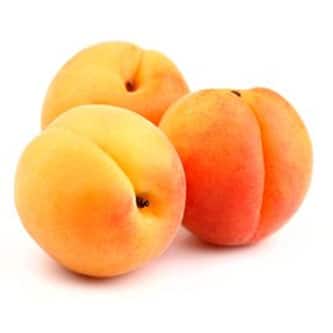
- Very low-calorie fruit: two medium-sized apricots provide less than 40 kcal.
- Contain significant amounts of vitamin a and c, vitamin e. These compounds provide very potent antioxidant properties.
- Apricots have beneficial effects on the immune system, cardiovascular and vision.
- Can be added to the diet in several ways: whole, sliced or salad with yogurt in jam, preserves or sauces ...

